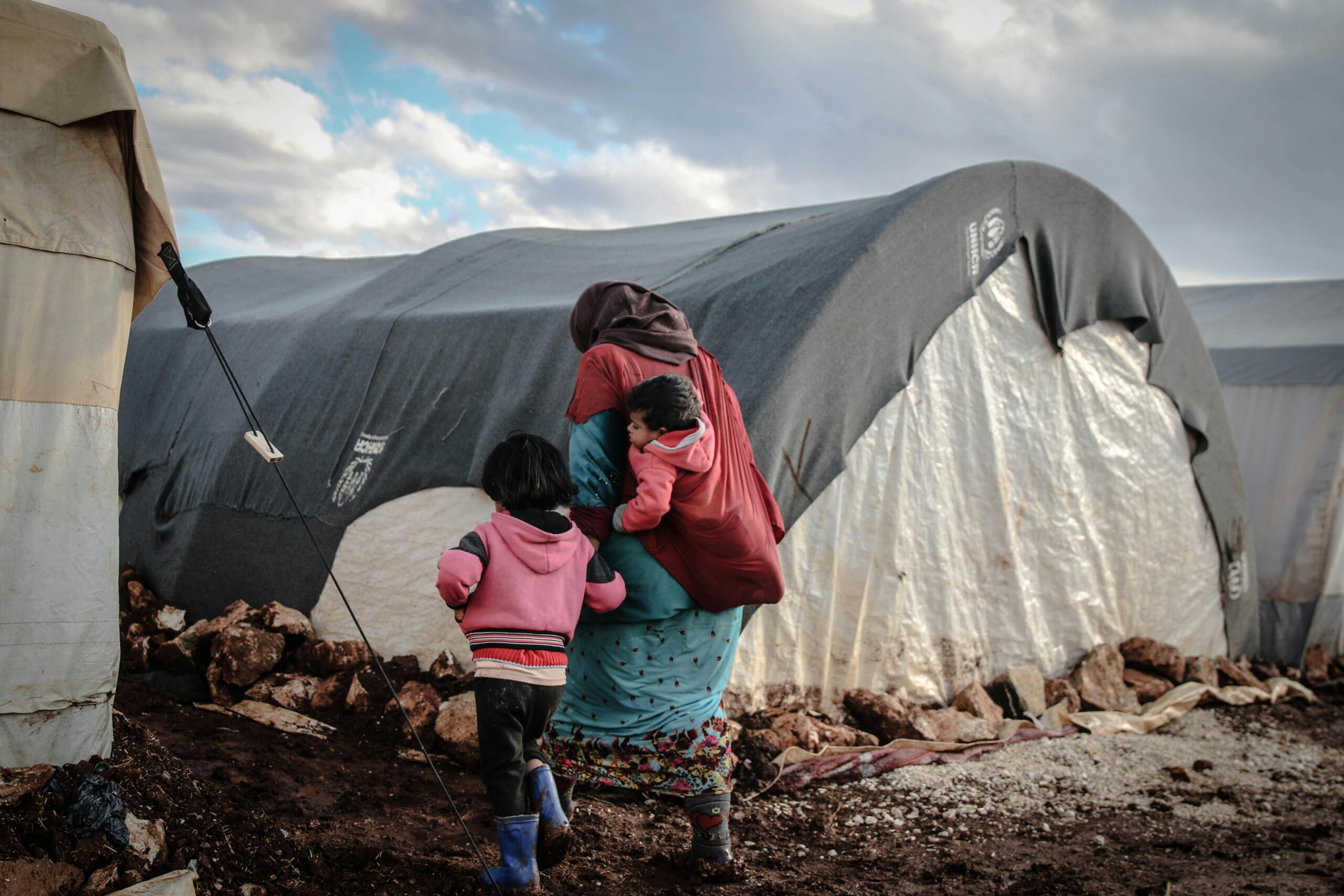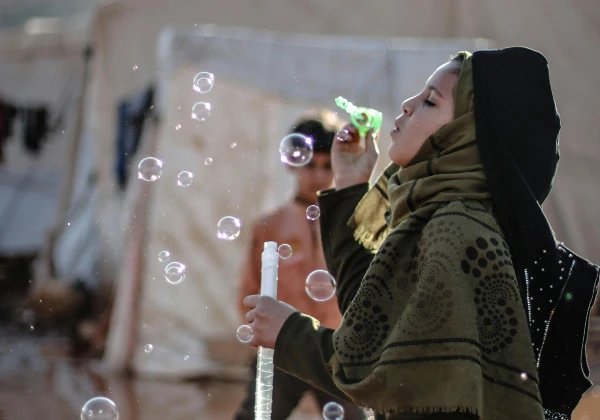Course Details
Introduction to Trauma Informed Care with a Refugee Focus
2 hours
FREE

Course Details
Language
English
Format
On-demand
Duration
2 hours
Rating
★★★★★
Course Description
This course on trauma-informed care is designed to help organizations working with refugee clients understand why individuals with a history of abuse, neglect, or violence face behavioral and emotional challenges. The course offers valuable insights and practical skills that facilitate empathy, healing, and growth.
The training covers the core principles of trauma-informed care and includes a companion guide. The videos present the essential teachings, while the companion guide provides self-reflection questions and ideas for group discussions, helping you to internalize and apply what you’ve learned within your organization.
Key features of the course include:
– 11 easy-to-navigate video sessions that allow you to progress at your own pace.
– 1 companion guide with self-reflection questions and group discussion prompts.
– A host guide with tips on how to form and facilitate a small group.
Training Participant in Albania
Related Content
Resources to help build trauma-informed skills.

Practical Skills
The Power of Play
This video explores the vital role play has in fostering healthy brain development in children. Play not only prepares children for school but also enhances their ability to regulate emotions. When caregivers engage in play with a child, they strengthen their bond, help ease fears, reduce stress, build trust, and show the child they are valued. Play also provides a unique opportunity for caregivers to model empathy and healthy social and emotional behaviors.

Grow Your Skills
Trauma Informed Leadership
Great leaders and their organizations understand that people are their greatest asset. Now, more than ever, this means acknowledging and responding to the overwhelming stress – and often trauma – people bring with them to the workplace.
Register